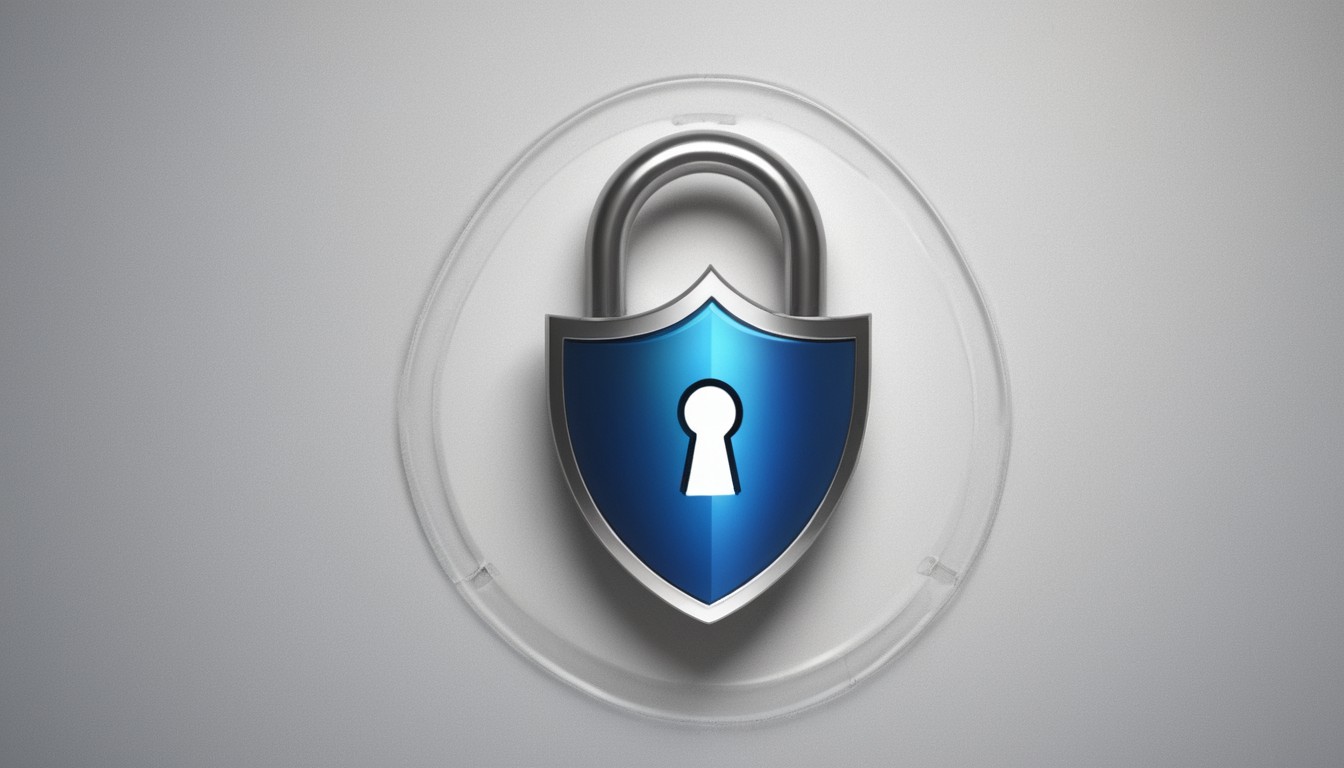As remote healthcare becomes increasingly prevalent, driven by advancements in technology and the need for accessible healthcare services, ensuring the security and privacy of patient data is paramount. SafeNet Cybersecurity recognizes the critical role cybersecurity plays in the future of remote healthcare. In this blog post, we explore the impact of cybersecurity on the future of remote healthcare and discuss strategies to protect patient data and secure healthcare systems.
The Rise of Remote Healthcare
Remote healthcare, also known as telehealth or telemedicine, refers to the delivery of healthcare services remotely, using telecommunications technology. This approach has gained popularity due to its ability to provide convenient access to healthcare services, particularly in underserved or rural areas. Remote healthcare encompasses a wide range of services, including virtual consultations, remote monitoring of patient vital signs, and electronic prescription services.
Cybersecurity Challenges in Remote Healthcare
- Data Privacy: Remote healthcare involves the collection and transmission of sensitive patient data, including medical records and personal information. Ensuring the privacy of this data is crucial to maintaining patient trust and complying with regulations such as HIPAA. SafeNet Cybersecurity recommends implementing strong encryption and access control measures to protect patient data.
- Security of IoT Devices: The use of Internet of Things (IoT) devices in remote healthcare introduces new security risks. These devices, such as wearable health monitors and remote patient monitoring devices, are vulnerable to cyber attacks. SafeNet Cybersecurity advises securing IoT devices with regular updates, strong authentication, and network segmentation.
- Secure Communication Channels: Remote healthcare relies heavily on communication channels, such as video conferencing and messaging platforms, to connect patients with healthcare providers. Securing these channels against eavesdropping and interception is essential. SafeNet Cybersecurity suggests using secure communication protocols, such as TLS, and implementing endpoint security measures.
- Data Integrity: Ensuring the integrity of patient data is critical in remote healthcare. Any unauthorized modification or tampering of data can lead to incorrect diagnoses or treatment. SafeNet Cybersecurity recommends using digital signatures and data validation techniques to verify the integrity of data.
Safeguarding the Future of Remote Healthcare
- Compliance and Regulation: Stay up-to-date with healthcare regulations and compliance requirements, such as HIPAA, to ensure that remote healthcare services are delivered securely and legally.
- Security Awareness Training: Provide security awareness training to healthcare providers and staff to educate them about the importance of cybersecurity and best practices for securing patient data.
- Secure Remote Access: Implement secure remote access solutions, such as VPNs and two-factor authentication, to protect healthcare systems from unauthorized access.
- Regular Security Audits: Conduct regular security audits and vulnerability assessments to identify and mitigate potential security risks in remote healthcare systems.
As remote healthcare continues to evolve and expand, the need for robust cybersecurity measures becomes increasingly critical. SafeNet Cybersecurity is committed to helping healthcare organizations navigate the complex landscape of cybersecurity and protect patient data in remote healthcare settings.





